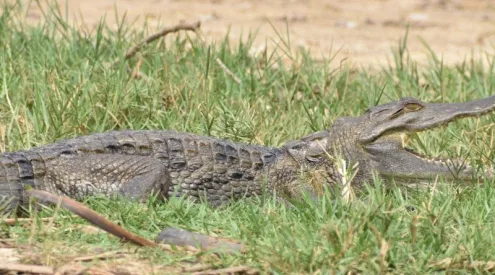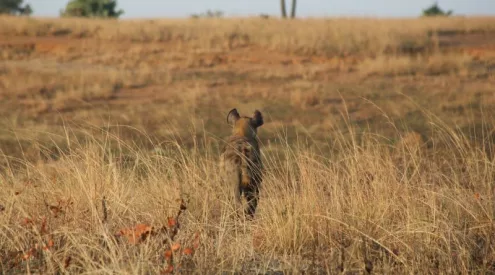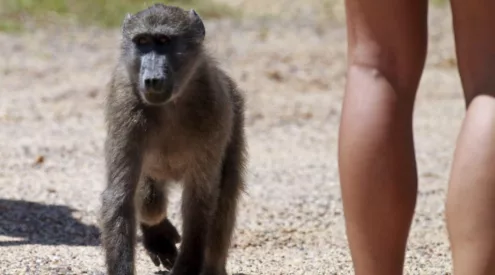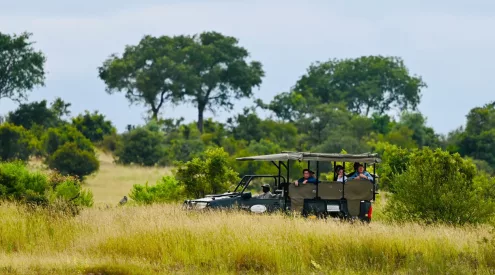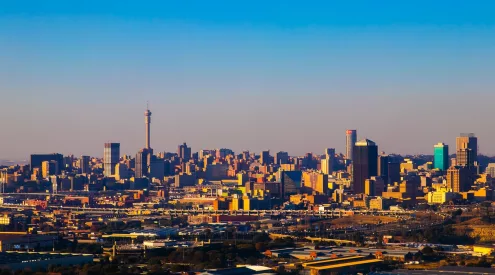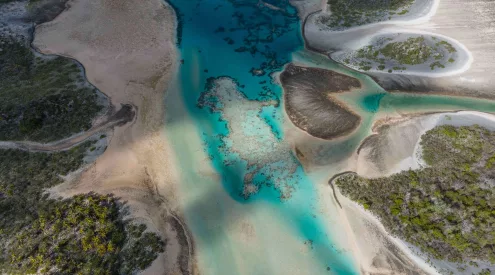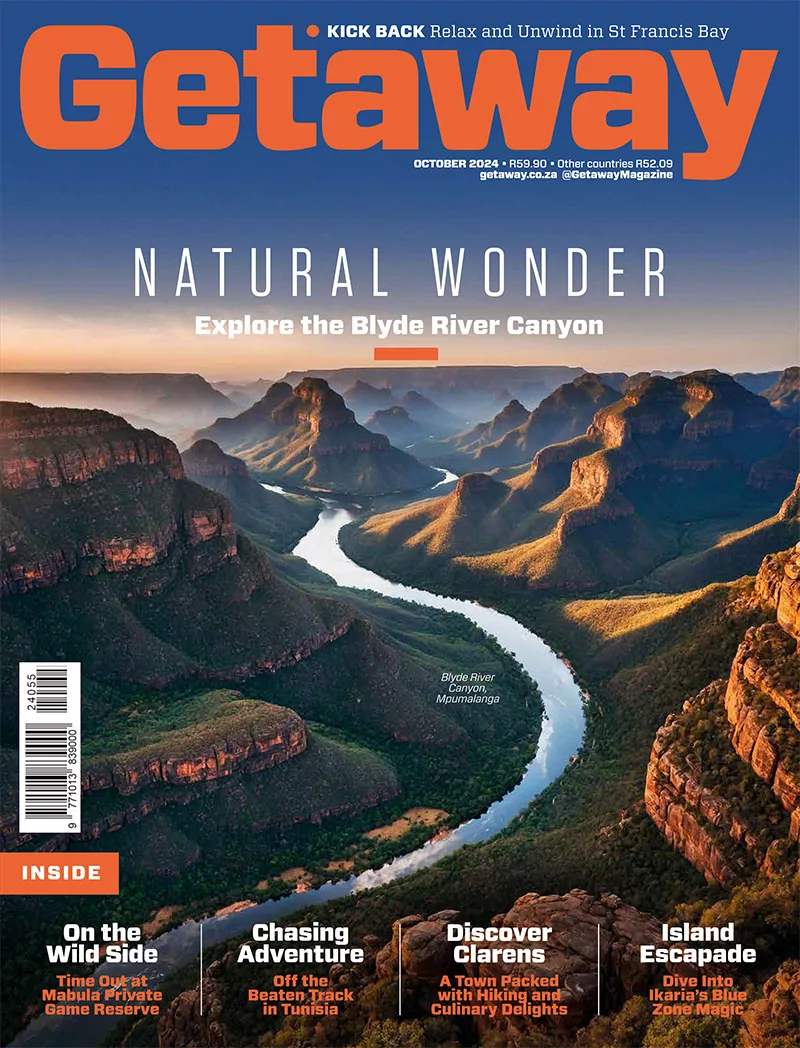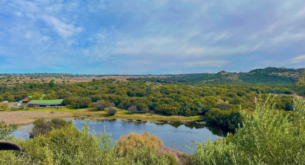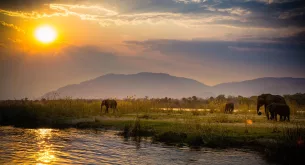The mangrove forests of Brazil are abundant with wildlife – South America has one of the world’s most biodiverse environments. Despite there being many aquatic animals, humpback whales are not often found in this area – so it’s no surprise that the discovery of a 8 metre-long humpback whale carcass in the mangroves has conservation groups baffled.
The whale was discovered on Friday, 22 February 2019, and is thought to have been one year old. The carcass was found 15 metres away from a river beach on Marajó Island, the world’s largest island created by river sediment deposits. The whale was most likely swept into the river mouth of the Amazon and dumped on land as the tides lowered.
Over the weekend a group of scientists were dispatched to the area to identify the cause of the animal’s death. Although there has been no confirmation of what happened, it is believed that the animal was dead when it was carried into the area. Humpback whales are travellers with a wide range that encompasses most of the world’s oceans.
The Amazon basin is included in this. However, it’s highly unusual to find them in this region at this time of year. Scientists think the young whale may have been separated from its pod during their migration and died from stress, as there are no injuries to the carcass.
View this post on Instagram
Image source: Instagram @bicho_dagua




